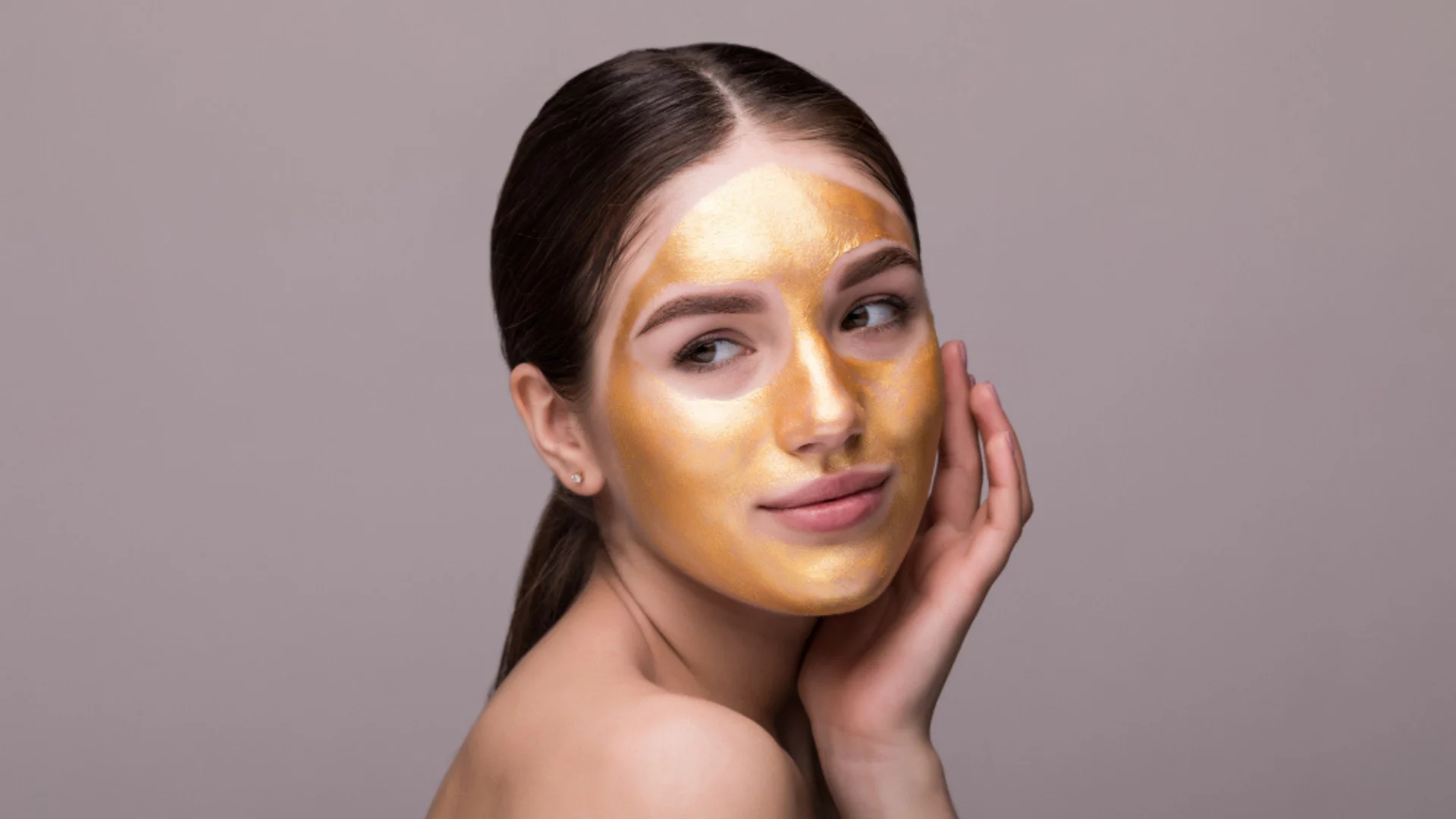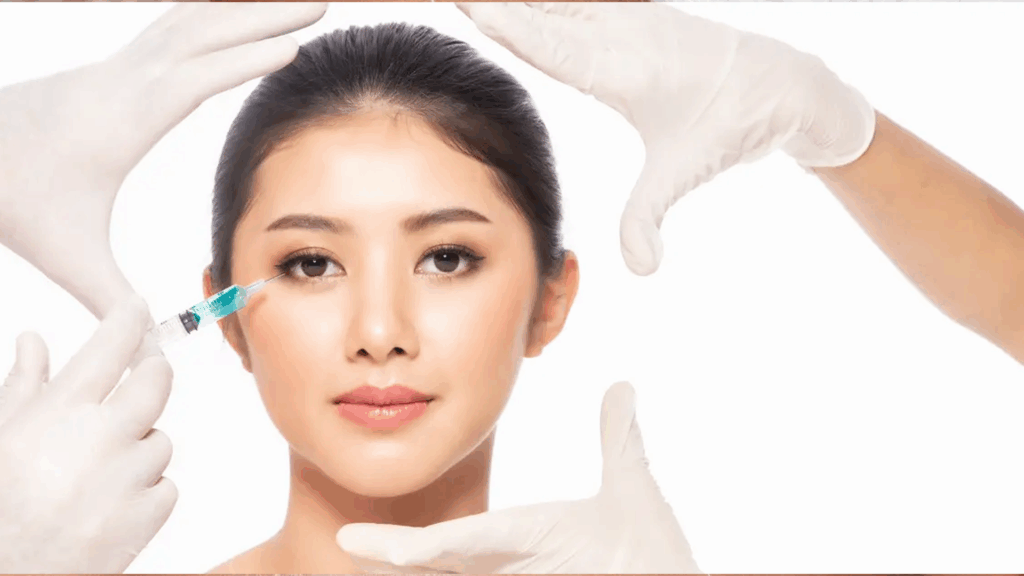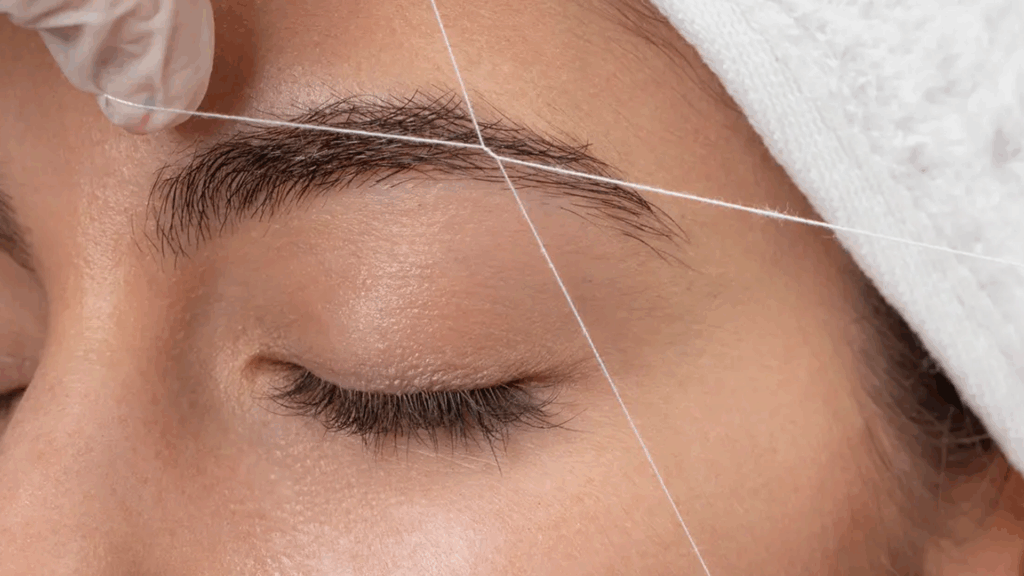We often see advertisements through various channels, such as Facebook, Instagram, the internet, markets, and many others, promoting products like facial masks, body creams, and face masks. But do these products really help improve skin health and beauty? Or do they pose risks and harm to our skin? Are they just deceptive marketing tactics that trick people into spending money for nothing?
While some skincare products can indeed benefit your skin, many others may contain harmful ingredients or not live up to their claims. The key is to look for products that have been dermatologically tested, have proven ingredients, and are suitable for your specific skin type. It’s also important to read reviews and, if possible, consult with a dermatologist before using any new product. Be cautious of products that make exaggerated promises or don’t provide clear information about their ingredients and benefits, as these may just be tricks to make you spend money without delivering results.
Cosmetic applications to reduce wrinkles
Medical discoveries have shown that gold can combat free radicals and has an anti-inflammatory effect, particularly in conditions like gout, which is related to joint inflammation. This has led cosmetic scientists to believe that, based on this mechanism, gold may also be effective in fighting skin free radicals and reducing inflammation caused by UV rays. As a result, gold has been incorporated into high-end cosmetics in various forms, with the aim of prolonging skin health and reducing the appearance of wrinkles.
However, there is still no definitive scientific evidence proving that the anti-aging effects of gold, when compared to other products, are worth the price. The true effectiveness of gold in skincare remains uncertain and requires more thorough research.
Toxicity and side effects
Although pure gold itself is non-toxic and does not irritate the body’s cells, when gold is chemically altered into forms like salts or gold salts, it can be harmful to the kidneys and liver. It can also inhibit the production of blood cells if absorbed into the body. Additionally, gold has been found to cause allergic reactions and skin irritation, especially in women. This side effect led the American Academy of Dermatology to classify it as an allergen in 2001.
Thus, while gold in its pure form may not pose significant risks, its altered forms in cosmetic products can cause harm and allergic reactions in some individuals.






